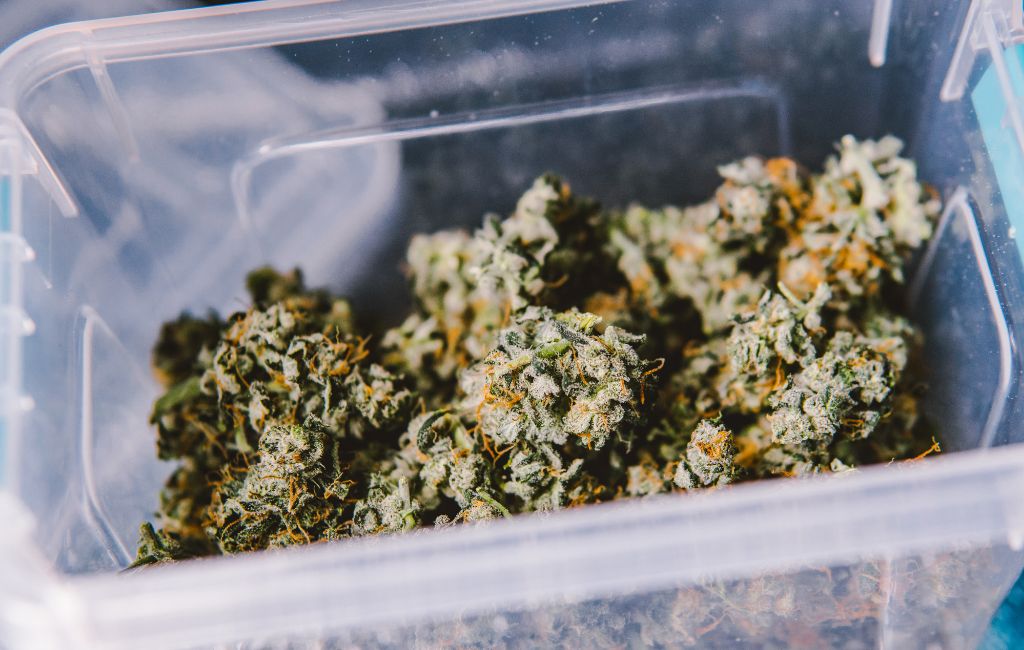Understanding THCa Flower Legality by State
The legal landscape surrounding cannabis and its derivatives is complex and varies significantly across the United States. One of the lesser-known compounds, THCa (tetrahydrocannabinolic acid), has sparked interest due to its potential benefits and unique legal status. This article explores the THCa flower legality by state, providing insights into the current regulations and what they mean for consumers and businesses.
What is THCa?
THCa is a non-psychoactive cannabinoid found in raw cannabis plants. Unlike THC (tetrahydrocannabinol), which is known for its psychoactive effects, THCa does not produce a “high” when consumed in its natural form. When heated, THCa converts into THC, which is why the legality of THCa can be a gray area in many jurisdictions.
Federal vs. State Laws
At the federal level, cannabis remains classified as a Schedule I controlled substance under the Controlled Substances Act. This classification includes all parts of the cannabis plant, which complicates the legal status of THCa. However, the 2018 Farm Bill legalized hemp and its derivatives, provided they contain less than 0.3% THC. This has led to varying interpretations of THCa’s legality at the state level.
States with Legal THCa Flower
- California: Known for its progressive cannabis laws, California allows the sale and consumption of THCa products, including flowers, under its recreational cannabis framework.
- Colorado: As one of the first states to legalize recreational cannabis, Colorado permits THCa flower sales, provided they comply with state regulations.
- Oregon: With a robust cannabis industry, Oregon includes THCa in its list of legal cannabis products.
States with Restricted or Unclear THCa Laws
- Texas: While Texas has a limited medical cannabis program, the legality of THCa remains ambiguous, with no specific regulations addressing its sale or use.
- Florida: Florida’s medical cannabis laws do not explicitly mention THCa, leading to uncertainty about its legal status.
- New York: Despite recent cannabis reforms, New York’s laws are unclear regarding THCa, leaving consumers and businesses in a legal gray area.
Case Studies: THCa in Action
Several states have taken unique approaches to THCa regulation, providing valuable insights into its potential impact on the cannabis industry.
California’s Approach
California’s cannabis market is one of the largest in the country, and the inclusion of THCa products has contributed to its growth. Dispensaries across the state offer a variety of THCa flowers, catering to consumers seeking non-psychoactive options. This has led to increased consumer interest and a broader range of product offerings.
Colorado’s Regulatory Framework
Colorado’s well-established cannabis regulations provide a clear framework for THCa products. The state requires rigorous testing and labeling, ensuring consumers have access to safe and accurately represented products. This approach has fostered consumer trust and supported the growth of the THCa market.
Consumer Considerations
For consumers interested in THCa products, understanding state-specific regulations is crucial. Here are some factors to keep in mind:
- Product Labeling: Ensure products are clearly labeled with THCa content and comply with state regulations.
- Source of Purchase: Buy from reputable dispensaries or retailers that adhere to state laws and testing requirements.
- Intended Use: Consider whether you seek non-psychoactive benefits or plan to convert THCa to THC through heating.
Future of THCa Legality
The legal status of THCa is likely to evolve as more states reform their cannabis laws. As research into THCa’s potential benefits continues, states may update their regulations to reflect new findings. This could lead to broader acceptance and availability of THCa products across the country.
Conclusion
The legality of THCa flower varies widely across the United States, influenced by both federal and state regulations. While some states have embraced THCa as part of their cannabis markets, others remain uncertain or restrictive. As the cannabis industry continues to grow and evolve, understanding the nuances of THCa legality will be essential for consumers and businesses alike. Staying informed about state-specific laws and regulations will help navigate this complex landscape and make informed decisions about THCa products.





